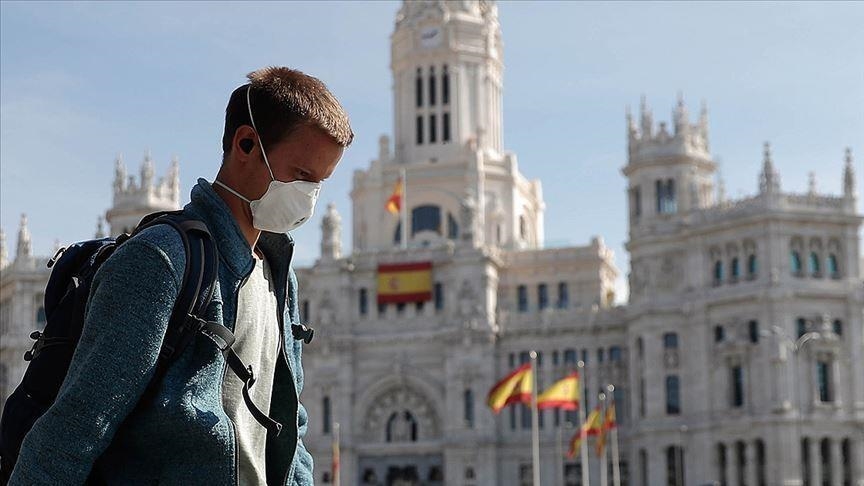Spain: Majorca outbreak leaves around 1,000 people with COVID
Hundreds of students now being quarantined in hotels, whether or not they tested positive for virus

OVIEDO, Spain
Nearly 1,000 people have tested positive for coronavirus following a superspreader end-of-school-year event on the Spanish island of Majorca, according to figures from Monday.
The number of people affected by the outbreak continues to grow rapidly. On Friday, there were around 500 reported cases of the virus related to the student trip.
After high school students went on organized holidays to Majorca from throughout Spain, they brought the virus back to at least 10 of the country's 17 regions.
While the precise source of the outbreak has yet to be confirmed, authorities are investigating the role of a reggaeton concert in a bullring in Palma and subsequent parties in hotels and boats.
Most of the students who had contact with the celebrations and remain on the Mediterranean island have been rounded up and forced to quarantine in hotels – whether they tested positive for COVID-19 or not.
On Monday, the mother of one of the 268 students who has been forcibly quarantined denounced the situation in court. Several of the students have posted videos on social media calling it a “kidnapping.”
Tighter tourist controls
Elsewhere, tracking down the students who participated in the student holiday is proving to be more difficult.
In the Galician city of Pontevedra, where dozens of students were called to take PCR tests, just around half showed up, according to Spanish broadcaster Antenna 3.
The superspreader event on the largest of Spain’s Balearic Islands comes just days before the archipelago is set to be added to the UK’s green list.
But on Monday, the Spanish government announced it will soon require negative coronavirus tests for non-vaccinated UK travelers over fears of the Delta variant. As it currently stands, there are no restrictions for British nationals entering Spain.
The outbreak in Majorca may be fueling a rise in cases in much of Spain, but the islands themselves still have an infection rate well below the national average.
Spain, which has been heavily promoting tourism this summer, has the second-highest COVID-19 infection rate in the European Union, trailing only Portugal, according to the European Center for Disease Control.








